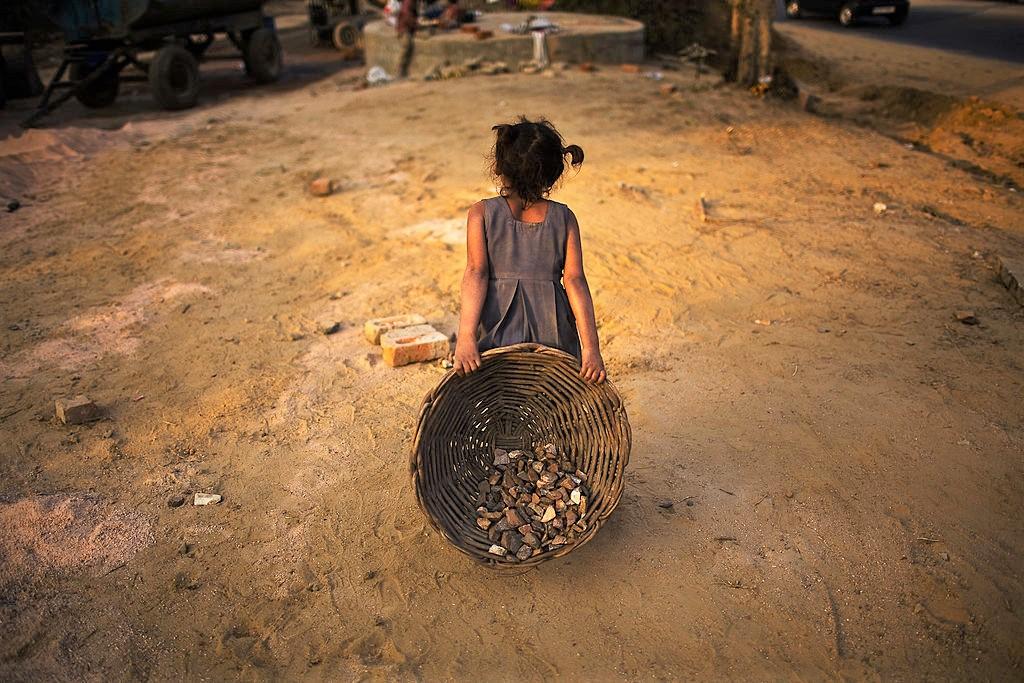The New Zealand government has taken its first major step towards addressing worker exploitation and modern slavery in supply chains, opening public consultation on proposed legislative options to address these issues.
“As New Zealanders, most of us believe in decency and dignity for people, and we’re appalled at the possibility that some of the goods that we might consume in our country, or the services that we enjoy, might have been produced through modern slavery or worker exploitation,” Workplace Relations Minister Michael Wood said on April 8.





